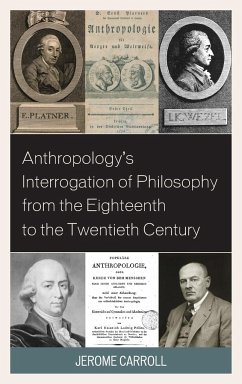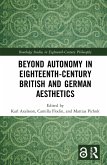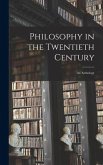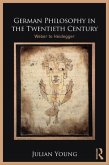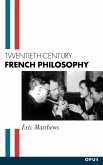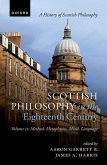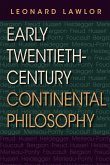Anthropology's Interrogation of Philosophy from the Eighteenth to the Twentieth Century presents and discusses key aspects of the German tradition of philosophical anthropology from the eighteenth to the twentieth century, centering on the concept of anthropology as a study of the 'whole, concrete man' (Heinrich Weber, 1810). Philosophical anthropology appears during the last decades of the eighteenth century in the often practically-oriented writings of men such as Ernst Platner, Karl Wezel, and Johann Herder, and is then taken up in the twentieth century by thinkers including Max Scheler, Helmut Plessner, Arnold Gehlen, and Hans Blumenberg. In presenting this tradition, the book serves two primary purposes. Firstly, it introduces English readers in a coherent manner to key aspects of a two-hundred year tradition in German thought. Secondly, the book analyzes in an unprecedented manner, even in German scholarship, the connections between the philosophical debates associated with anthropology at the end of the eighteenth century and ongoing philosophical issues in the twentieth century. Specifically, author Jerome Carroll argues that late eighteenth century anthropology diverges pointedly from traditional, "foundational" approaches to philosophy, for instance rejecting philosophy's quest for absolute foundations for knowledge or a priori categories and turning to a more descriptive account of man's "being in the world." Notably, by drawing on the epistemological, ontological, and methodological aspects and implications of anthropological holism, this book reads the philosophical significance of classical twentieth century anthropology through the lens of eighteenth century writings on anthropology.
Hinweis: Dieser Artikel kann nur an eine deutsche Lieferadresse ausgeliefert werden.
Hinweis: Dieser Artikel kann nur an eine deutsche Lieferadresse ausgeliefert werden.

